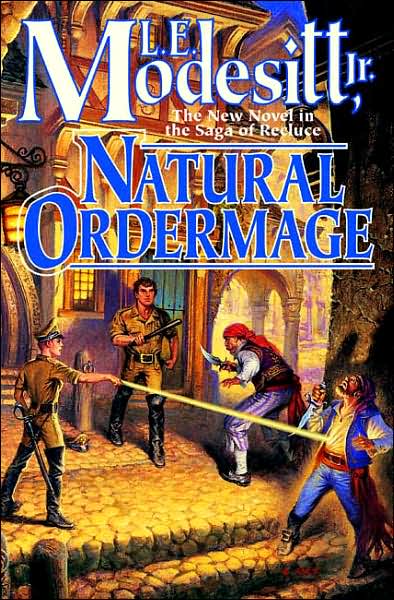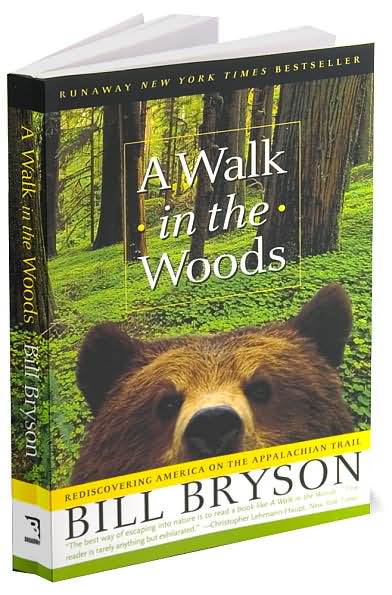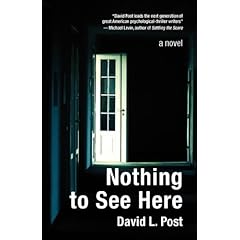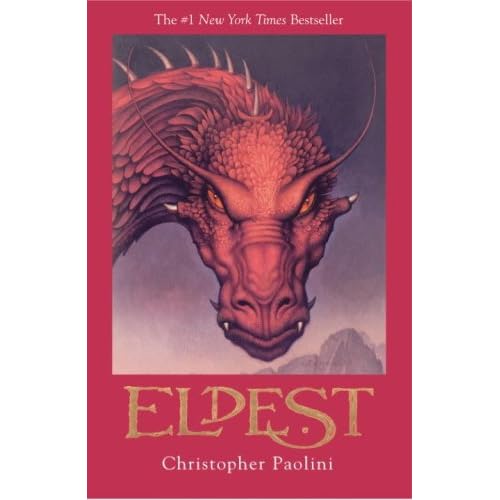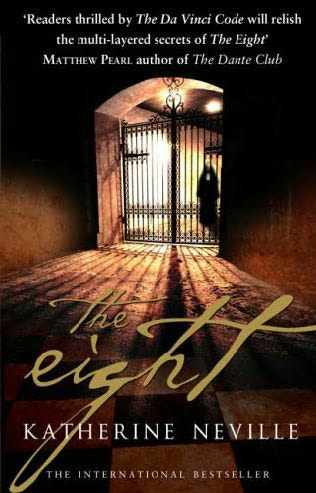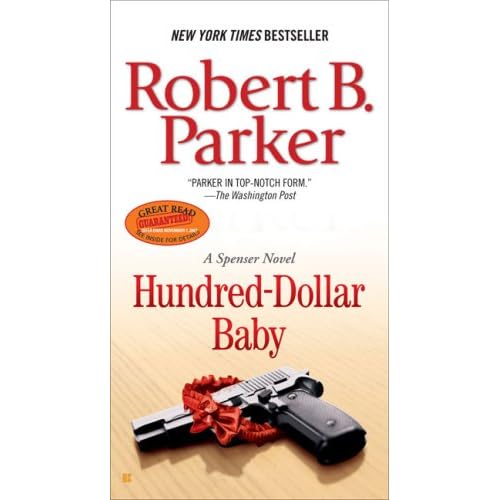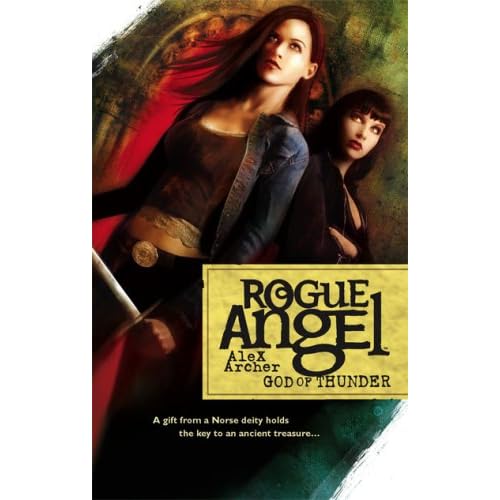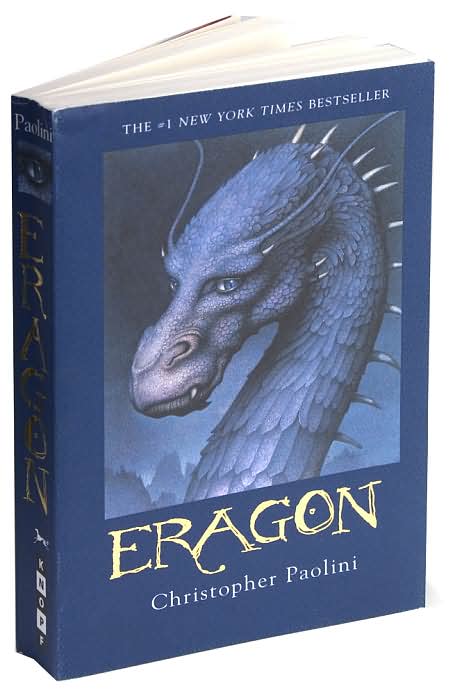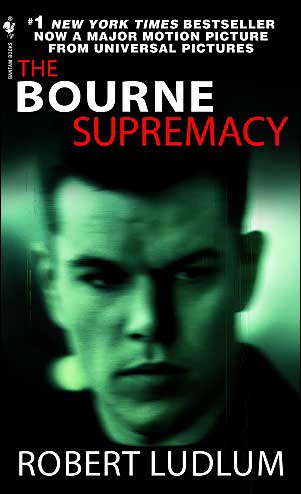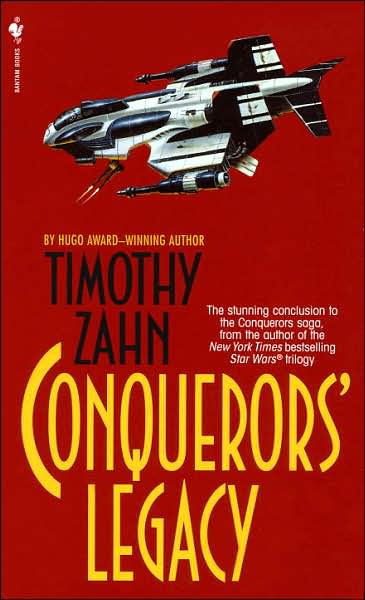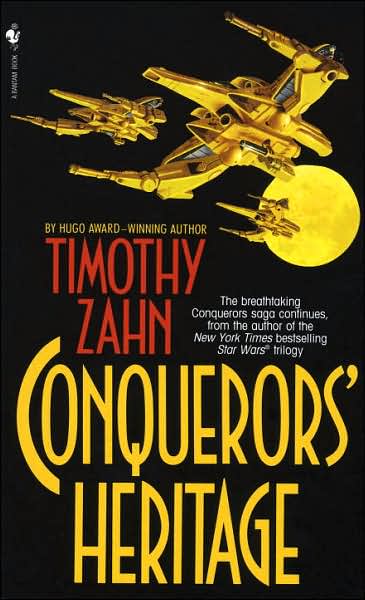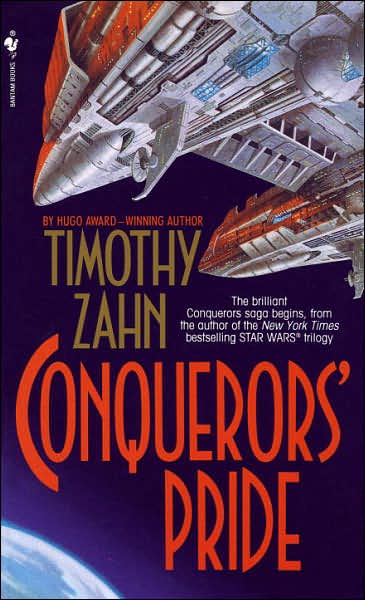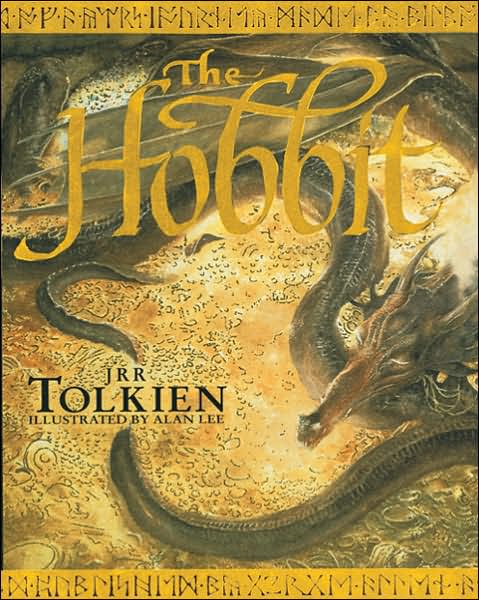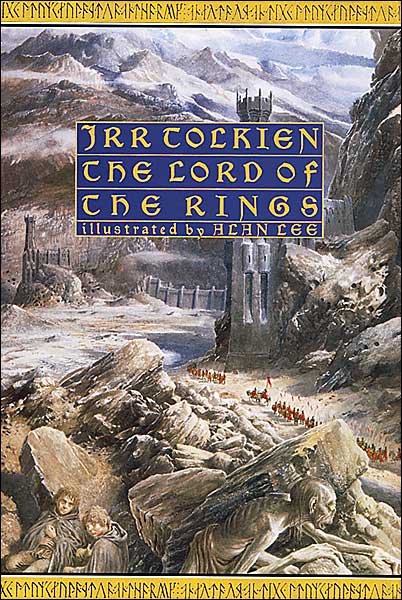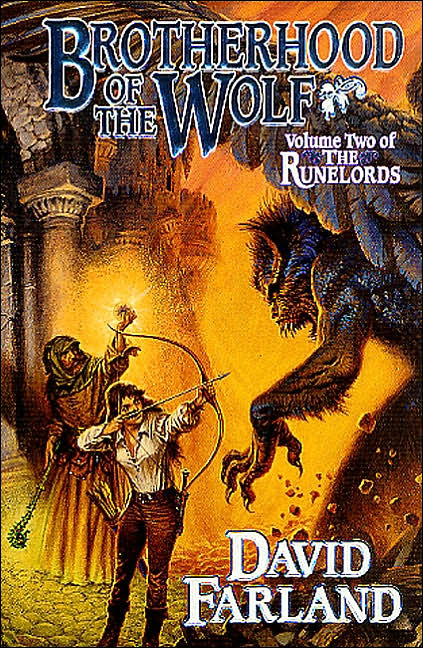
I was extremely excited to get an advanced copy David Anthony Durham's epic fantasy Acacia because Durham is a Black man. Durham disproves the common belief that Black people do not read or write science fiction or fantasy. David Anthony Durham joins the ranks of Octavia Butler, Nalo Hopkinson, and Samuel R. Delaney in proving that Blacks do write science fiction and fantasy.
I am very ashamed to admit that I expected to see a book full of Black people using magic against orcs and dragons. I pictured something like a Wesley Snipes inspired Lord of the Rings. Thank goodness I was wrong.
There were no black people introduced until about 250 pages into the book, but I was not disappointed. For one thing, Durham's writing is so beautiful he could have been writing chick lit and I would not have minded. However, he did deal with two topics that I feel hits the African American community right at its heart: drug addiction and slavery. Durham mixes these three elements (fantasy, drug addiction and slavery) exquisitely resulting in one of the most original fantasy novels I've ever read.
At the heart of the Acacian empire is its king Leodan Akaran. He is the 22nd Akaran king to rule in peace. The Acacians have created a rich and prosperous empire that has built its wealth on enslaving its people and selling another portion of its people away to the Lothan Aklun in exchange for a drug which pacifies its users so that they will never be able to develop enough will power to complain about their life. Despite being a king that has enslaved thousands, Leodan is a kind, loving, and troubled man who loves his children more than his kingdom. Which brings up the question: can you rule a kingdom if you don't put your empire above all, including your children? The answer that question is no. Since during a banquet, Thasren Mein successfully travels from Mein Tahalian and assassinates Leodan.
Before his death, Leodan developed a plan to send his four children to the four corners of the known world with four separate guardians. Leodan hoped that eventually his four children would reunite and reclaim the Acacian throne.
Hanish Mein, the cheiftain of the Mein, is supposed to be the bad guy in Acacia. But, to Durham's credit, the line between the good guy and bad guy is so blurred that I ended up cheering for the bad guy. It didn't hurt that Hanish was this incredibly intelligent, charismatic, and extremely muscular.
Another element which sets Acacia apart from traditional fantasies is the use of magic. There is no magic (or fantastical elements) through most of the book. I was beginning to think it wasn't a fantasy novel. But towards the end of the novel, magic is used. There still weren't any orcs, dwarves, or goblins running around. However, Durham plans to release two more novels to make a trilogy. So for you orc lovers, there is still hope.
In conclusion, I loved this book because there are so many ways it can be examined, critiqued, and explored. A three hundred page thesis could be written on the race and gender relations alone. Time magazine has listed this novel as 18th of its 50 things to do this summer. I agree. In fact, I read most of this novel on a bus trip to a science fiction convention. It made the horrible 10 hour greyhound delay almost enjoyable! If you only read one novel this summer, I suggest you make it Acacia.









 When you die, are you really dead? Can you keep on living through memory? Kevin Brockmeier's January release is built solely on these questions and many more, delivering a thought-provoking, deep and powerful novel unlike any other.
When you die, are you really dead? Can you keep on living through memory? Kevin Brockmeier's January release is built solely on these questions and many more, delivering a thought-provoking, deep and powerful novel unlike any other.